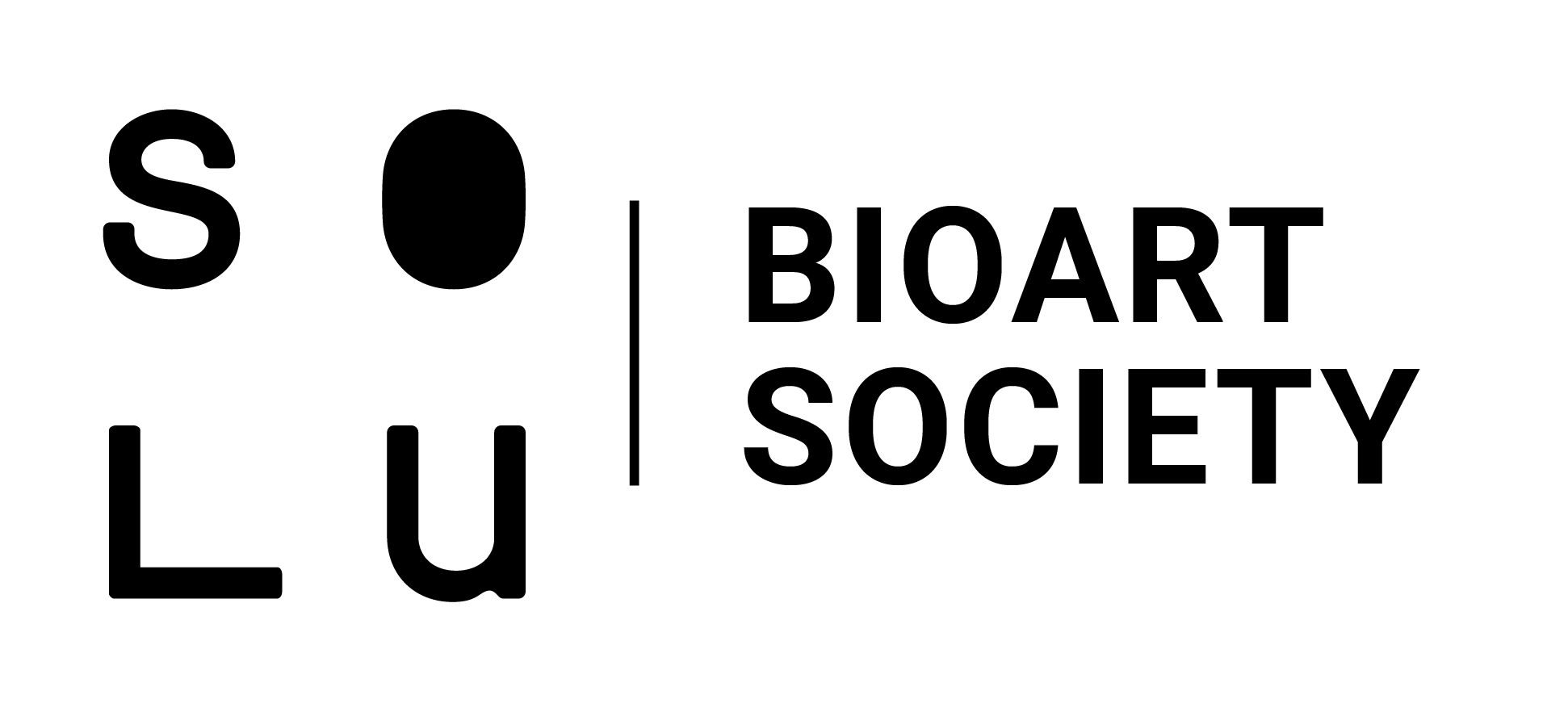Agáta Marzecová was selected for the two-week long Rewilding Cultures residency via an open call in 2023. She will travel to residency to Kilpisjärvi Biological Station in June.
How to learn to recognize and account for ecological relations that do not fit neatly within the binary of conservation and extraction?
Marzecová's visit to Kilpisjärvi focuses on the “rewilding of scientific categories,” continuing her longer exploration of how ecological narratives — such as biodiversity and naturalness — structure ways of knowing and relating to nature, through the lens of queer and feminist ecology. Rewilding, in this sense, is not about seeking a return to a wilder, more pristine nature "out there," but about cultivating a wildness of thought and practice that seeks to develop more situated and less normative ecological accounts — not to dismiss the authority of scientific models, but to grapple with their complicity in capitalist logics of exploitation and control.
"I am grateful for the opportunity to work through these questions in a place where extraction and enclosure — often through environmental "solutions" — as well as practices of resistance and refusal, are not abstract concepts but lived and material processes that shape, and are shaped by, the land and the forms of life it sustains."
Agáta Marzecová is an interdisciplinary researcher working across ecology, art, and pedagogy. She has contributed to essays in Anthropocene Review, Environment and Planning C: Politics and Space, and Forest as a Journal, as well as to artistic projects like The Baltic Pavilion (Venice Architecture Biennale, 2016) and The Baltic Material Assemblies (2018). She collaborates with visual artist Hanna Husberg on the long-term, art-led research project Towards Atmospheric Care. Based in Tallinn, she is an associate lecturer at the Estonian Academy of Arts, where she facilitates interdisciplinary courses such as On the commons: land, knowledge and practice and Ecology in the expanded field.

